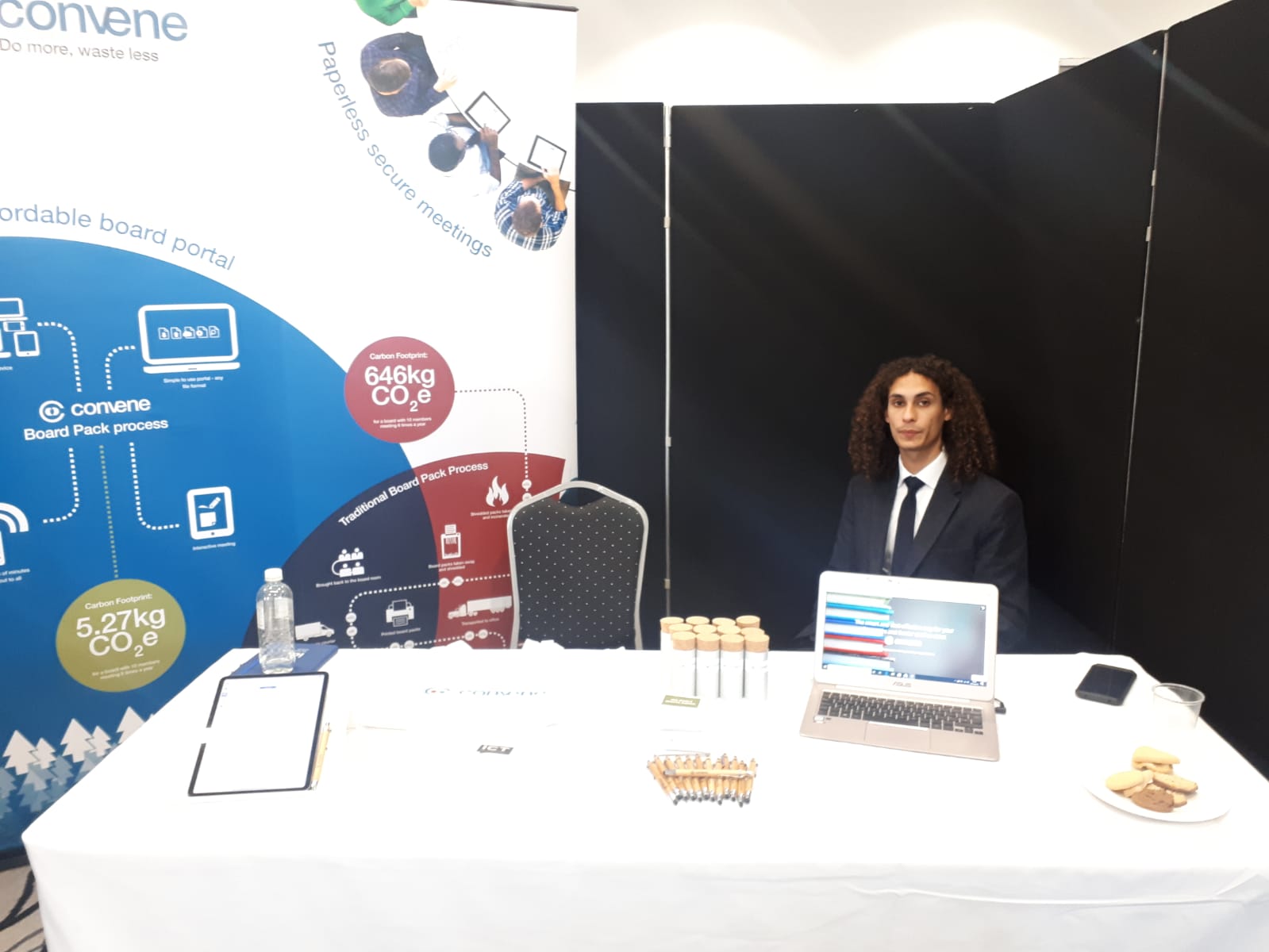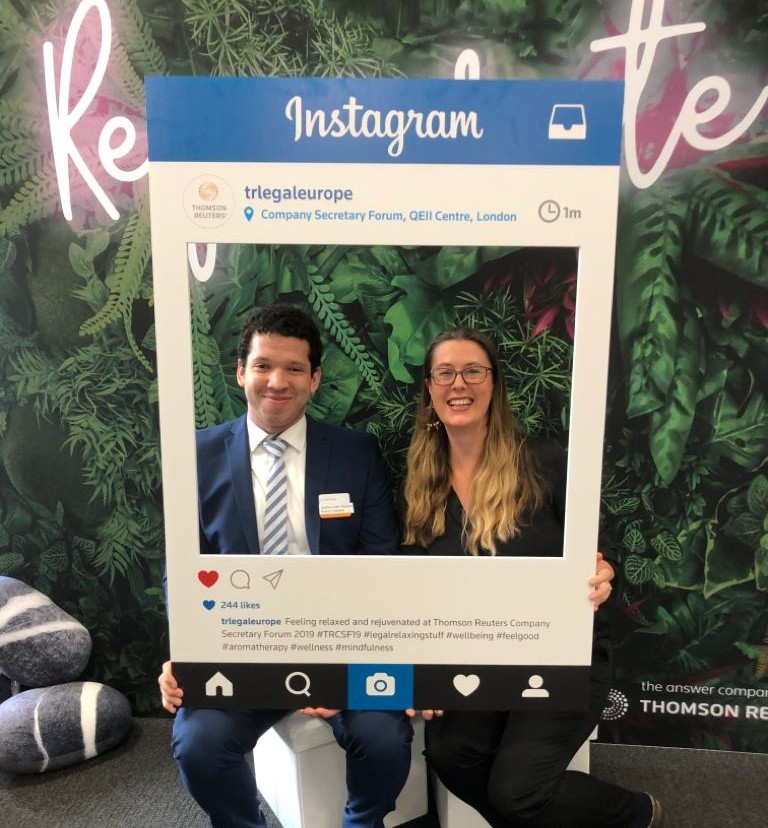
There are always two kinds of meetings in any organisation. The structured variety which form part of a compliant decision- making process and the collaborative sort, designed to promote free flowing conversations, with conclusions being arrived at by virtue of collective discussion. Microsoft and Slack are both designed for people who want to engage with others on a collaborative platform. You can view this type of team collaboration software while you are online with the majority of devices, for example, mobile phone, laptop or tablet.
In fact, Microsoft Teams, as is the case with its main competitor Slack, starts with the premise that work itself is an organic process, one that is aided by a collaborative approach. For effective collaboration to take place, and for the work to be successfully carried out, access to many different assets is an essential requirement. When you are online, both Microsoft Teams and Slack offer multiple methods for both synchronously and asynchronously passing information across a team where strategists, product managers, and others need to gather information. Information can be in text, video, image or instant messaging format and can be grouped into a single team space with selected participants.
Interestingly, although both Slack and Microsoft Teams’ shared viewpoint is that most meetings are un-productive, and that collaborative software should reduce the need for meetings themselves, evidence shows that the organisations who in fact favour the collaborative approach are the ones who meet more frequently; reaping the benefits offered by increased meeting time.
According to research done by Professor Patrick Hall and the University of Malmo the very people who are the expected users of collaborative software; consultants, advisers, managers, project managers, product managers and strategists are those who can be expected to have the most meetings. As Professor Hall says: “Many managers don’t know what to do,” in organisations where there has been a rise of managerial roles and where “the hierarchy is not clear.” In fact, collaborative work means that hierarchies are less defined.
“Today, meetings are more likely to be regarded as a time when employees can show off their work or complain about frustrations, rather than make decisions” according to Professor Patrick Hall. With this in mind, Hall believes that long meetings should be reclassified as having a “therapeutic purpose rather than being a space for productivity.”
Of course, not all meetings are about the collaborative process and there are many highly effective meetings being held by decision makers who expect well organised meeting packs, clearly defined actionable items, and who are simply not interested in meetings that produce yet more assets in multiple channels for review at further meetings, even if the digital channel grabs the attention AND brings with it the ability to maintain all assets in one place. Convene is designed to manage meetings for this type of decision maker whether it is used as an individual management tool, an HR Review, or as a way to compile a pack for a Board meeting. It is a simple, highly accessible interface that contains everything that the decision maker needs in one place. It is possible to make annotations and assign actions to team members secure in the knowledge that the actions and any updates on them are automatically added to the next meeting. If a document is updated at the last minute, decision makers will not only have the very latest version to hand, they will also have all their annotations from a previous version instantly available.
For the meeting organiser, there is no cumbersome navigation through multiple team spaces and associated information. Meeting packs are put together using the simple drag and drop interface; and the meeting is up and ready to go. To maintain the maximum level of effectiveness in meetings, Convene contains a productivity reporting tool that monitors the amount of time spent per meeting, the number of decisions made in each case, and instances where meetings run over.
And, as our users like to say; ‘Don’t just meet, Convene.’








